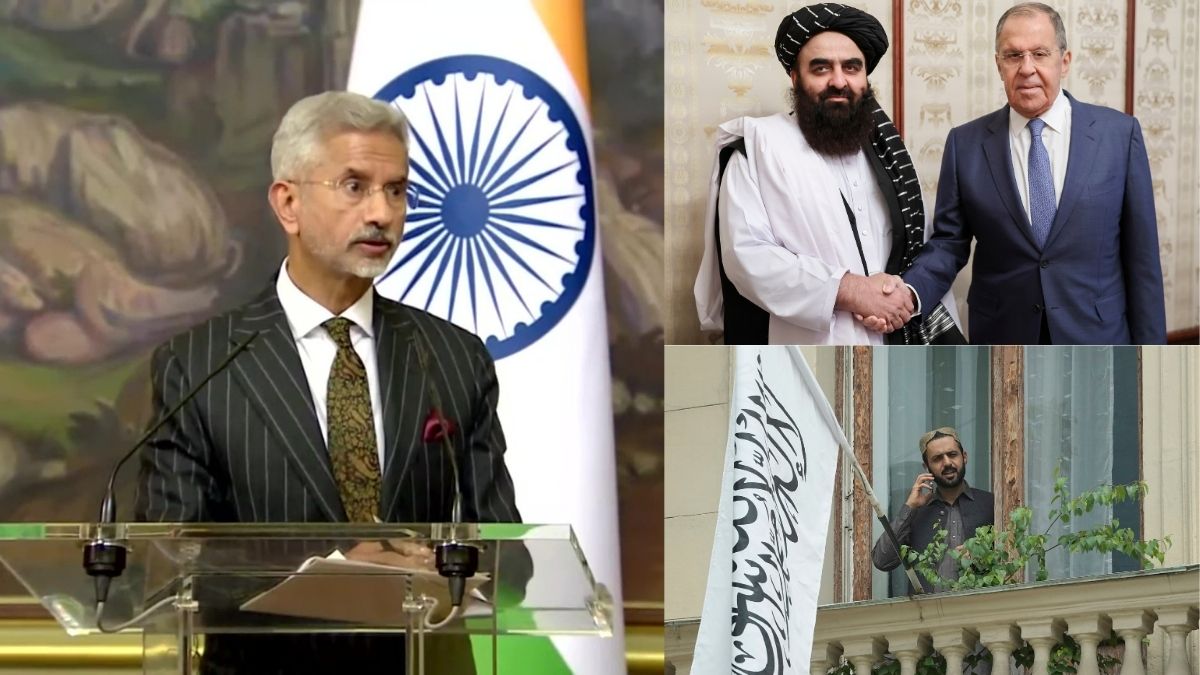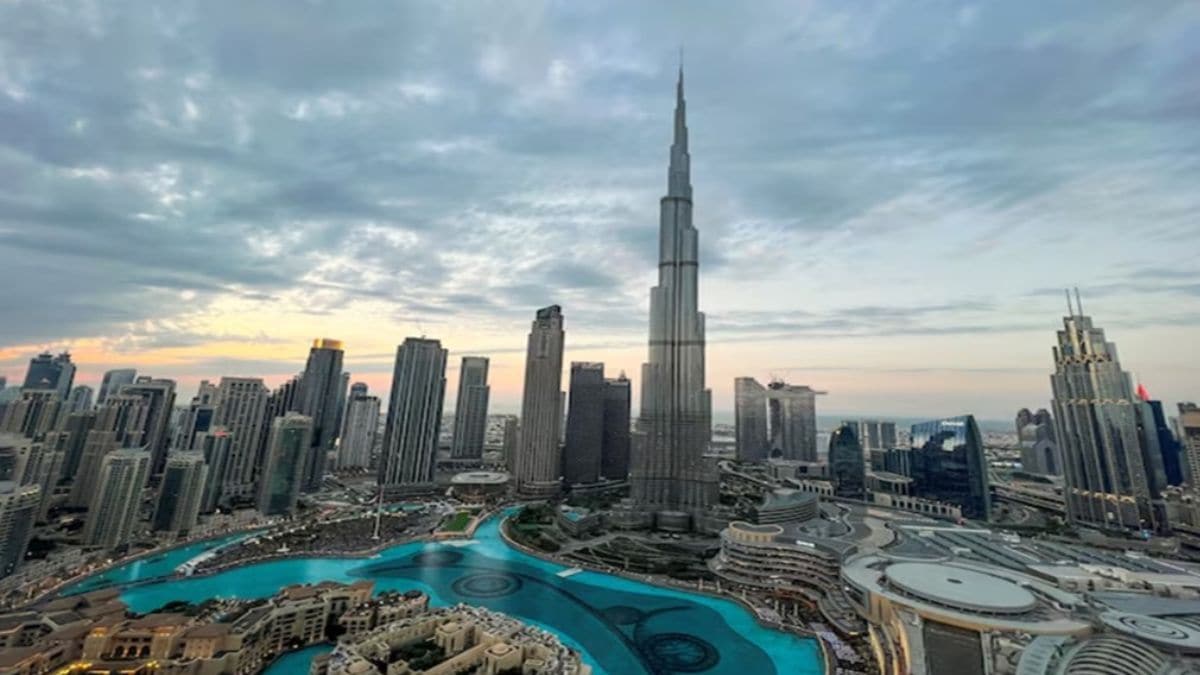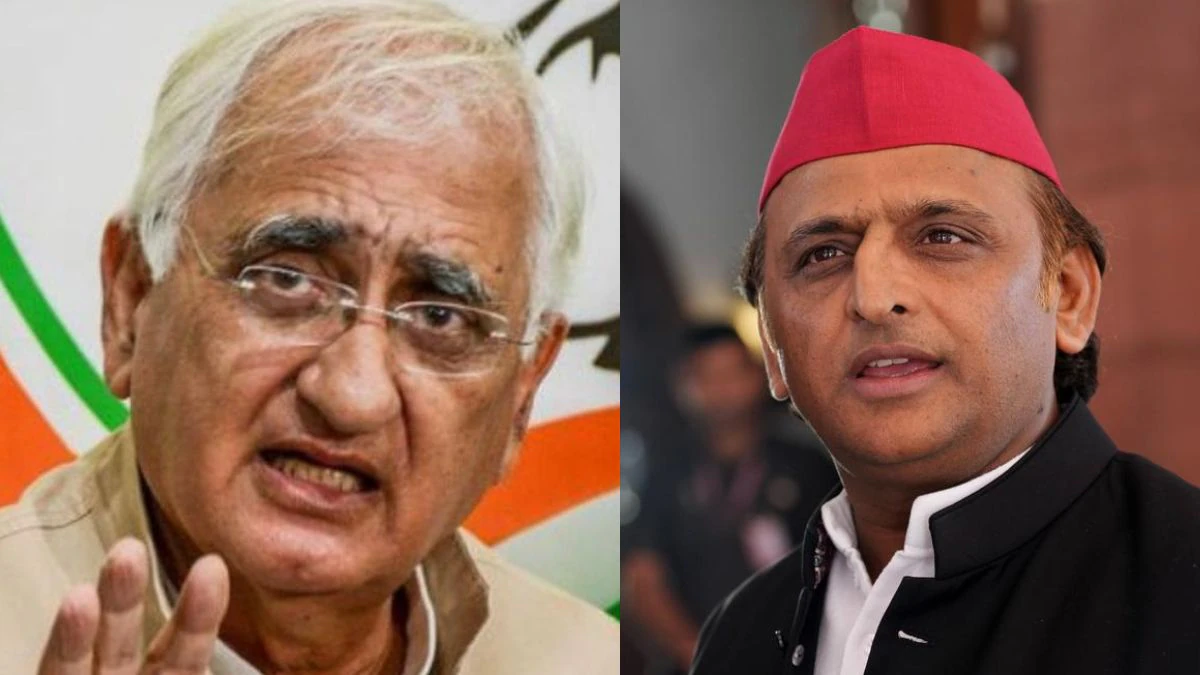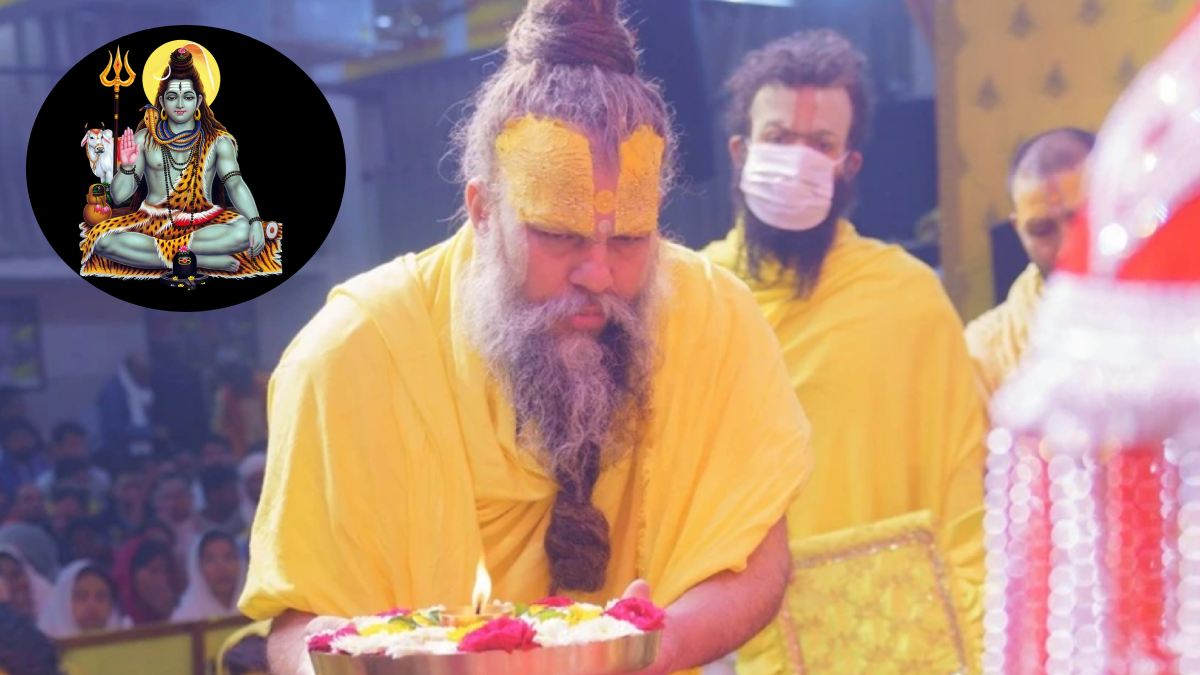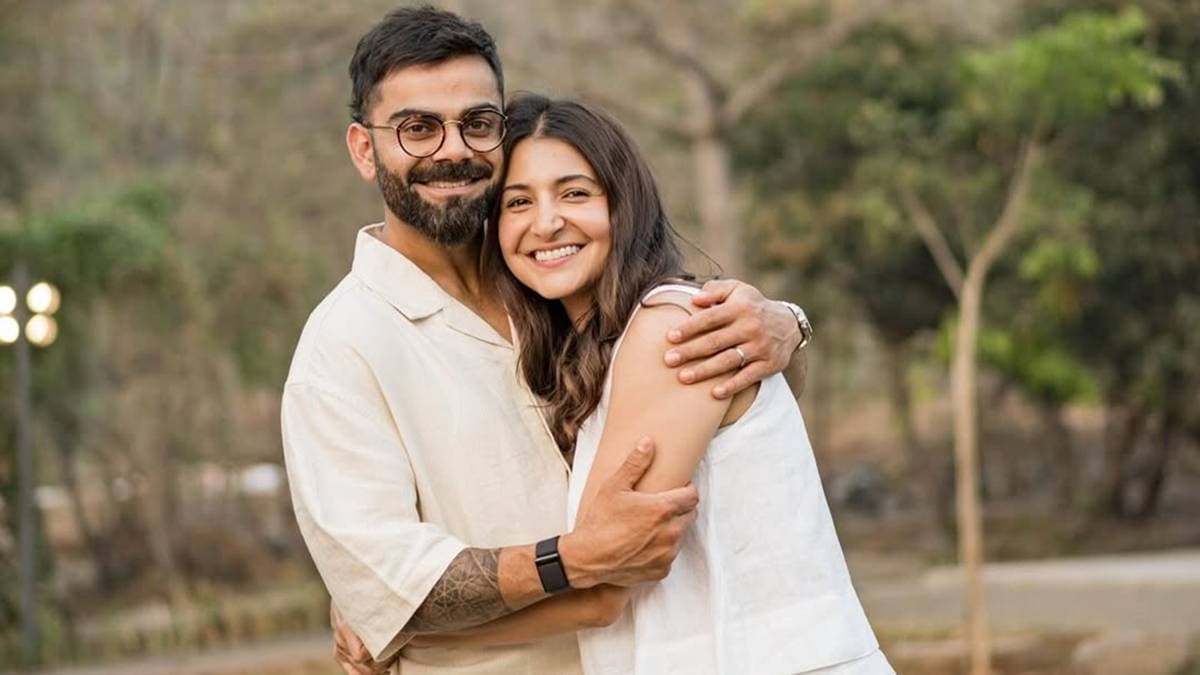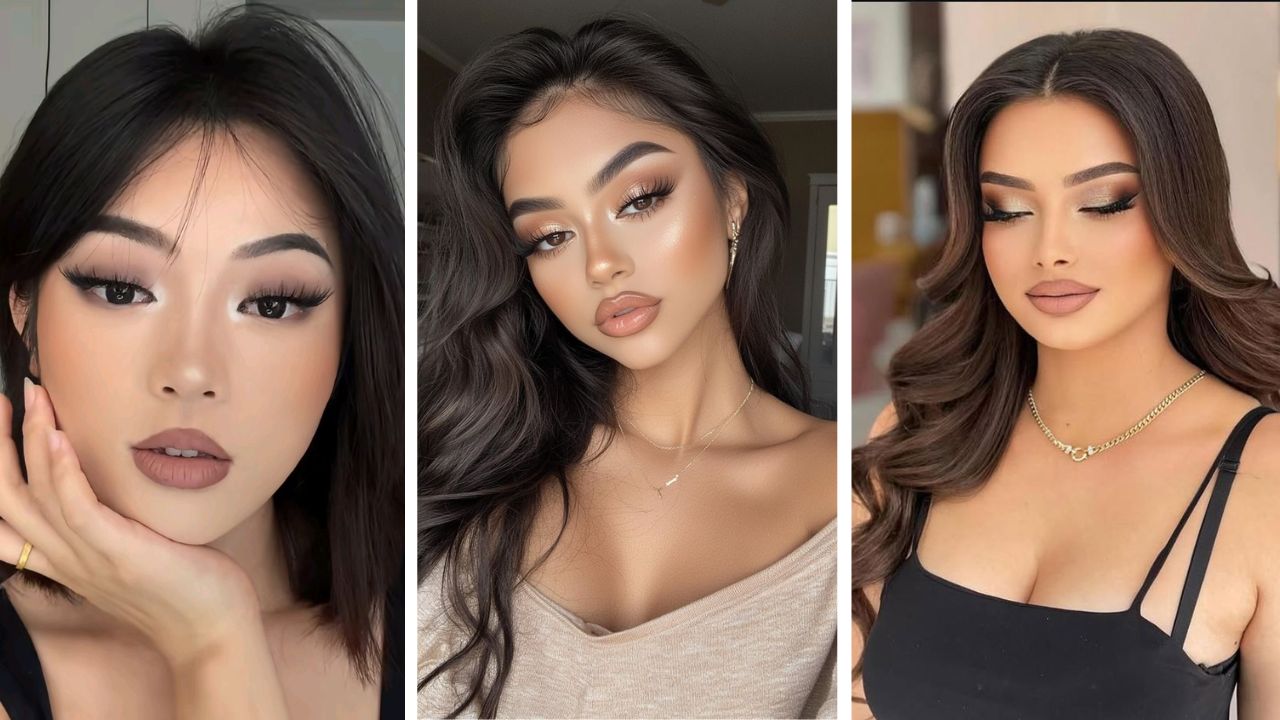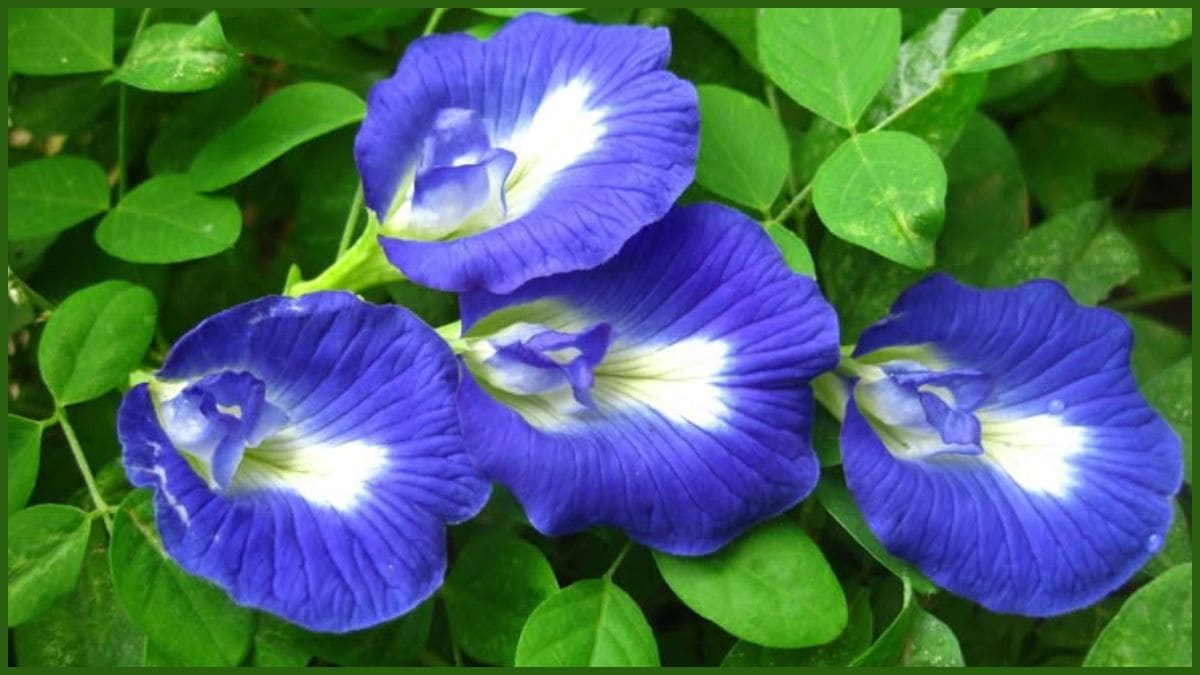Twinkle Khanna has been vocal about the trials and tribulations that come with parenting, throwing light on the various parenting hacks that help her navigate difficult conversations with her children. During a recent discussion at FICCI FLO, she spoke about the difference in skin complexion between her two children. Recalling an anecdote, Khanna shared how her daughter, Nitara, resisted applying sunscreen before a beach outing, comparing herself to her lighter-skinned brother.
“She said ‘I don’t really need so much sunblock because my skin is greater than yours. A white T-shirt gets dirty but a brown T-shirt doesn’t. You can’t see it, so I am greater’,” said Khanna, who noticed her daughter felt superior about her dark skin tone.
This sentiment isn’t uncommon in India, where many believe that darker skin is inherently protected from the sun’s harsh rays. But how much truth is there to this assumption? indianexpress.com spoke to experts to set the record straight.
Dr Rinky Kapoor, consultant cosmetic dermatologist and surgeon at The Esthetic Clinics, debunked the myth, saying, “It is a common misconception that people with darker skin tones do not need to apply sunscreen on their bodies as compared to those with lighter skin tones.”
“While melanin in dark-skinned people offers some natural protection, it doesn’t render the skin immune to sun damage. The UV rays can still cause significant harm, irrespective of skin color or type, leading to premature ageing, hyperpigmentation, sunburn, and even skin cancer,” she said. Dr Kapoor recommended applying a generous layer of any broad-spectrum sunscreen with at least SPF 50 before heading outdoors.
Rhea Sugwekar, a regulatory researcher at June Cosmetics Solutions, pointed out the gaps in research on sun damage in darker skin tones. “Most studies focus on Caucasian skin, leaving a knowledge gap about melanated skin. This lack of data perpetuates the misconception that darker skin doesn’t need protection,” she said. She also explained how this creates a vicious cycle. “We assume just because we’re darker, we don’t need sun protection, so we don’t use adequate sun protection. That delays the detection, prognosis and cure of potential skin cancer incidents.”
As climate change makes the sun harsher on Indian people, Sugwekar mentioned that the importance of sun protective habits cannot be understated, sunscreen being one of them. “The only real, observable difference is that photodamage begins slightly later on melanated skin than on Caucasians. The impact, however, is just as harmful,” she said. According to her, the best sunscreen is the one you will be wearing daily. “If the experience is good, you will find yourself reaching out for it every day. Sunscreens with Vitamin C and Vitamin E boost the sun protective capability of UV filters.” She suggested opting for sunscreens with soothing ingredients such as cica, aloe vera, ceramides and so on to be useful to combat potential skin irritation.
Stay informed with access to our award-winning journalism.
Avoid misinformation with trusted, accurate reporting.
Make smarter decisions with insights that matter.



